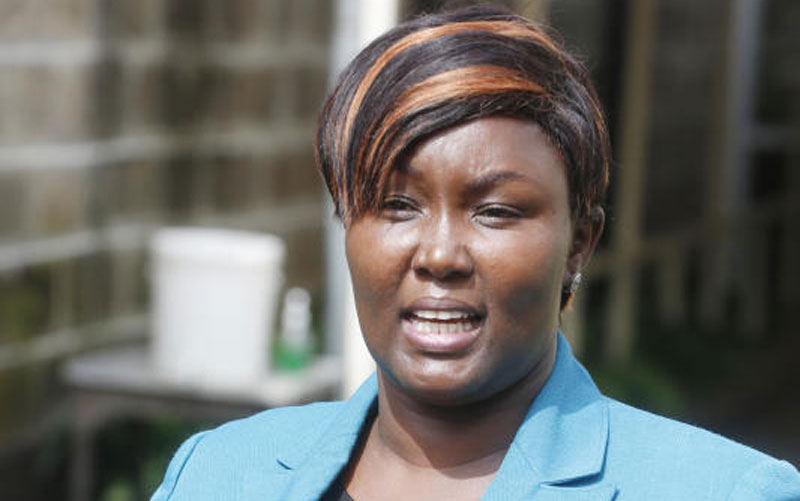Uphold ban to save dwindling donkeys, appeals Njoro MP

The government has been urged to uphold the ban on trade and slaughter of donkeys amid reports that some leaders were pushing for resumption of the business.
Njoro MP Charity Kathambi says the ban imposed by the government through the Ministry of Agriculture was a milestone in saving donkeys, which were nearly facing extinction.
Speaking in Njoro yesterday, Kathambi said the ban had seen a rise in donkey numbers, especially in Njoro. “The government should not relent on the ban despite pressure from certain quarters. Donkeys are crucial in society and should be protected,” said Kathambi.
Crop of criminals
“Sale of donkey meat and skin was fueling theft of donkeys, alongside other animals. This created a new crop of criminals who have, since the ban, been tamed directly,” she said.
She added: “There are many other animals that people can keep for slaughter. We have not satisfied the market demand for beef and mutton, among others”.
The call follows mounting pressure from slaughterhouses, which were given the green light by a Naivasha High Court last year to resume operations.
Four major donkey abattoirs in the country have asked the government to fully enforce the court ruling by granting them licences to continue operations.
The slaughterhouses are Star Brilliant in Naivasha, Goldox Kenya in Baringo, Silzha in Turkana, and Fuhai in Machakos.
On her part, Catherine Mutemi, a livestock officer at Farming Systems Kenya, underscored the need to allow the donkey population to return to its original number.
She said the usefulness of the animals, mainly kept for transport, could not be over emphasised, especially during the ongoing drought, and at harvest time.
“Donkeys have assisted many families in this devastating drought as they fetch water from far-flung areas. We are heading to a harvest season and they will be in great demand,” she said.
Outgoing Agriculture Cabinet Secretary Peter Munya slapped the ban on commercial slaughter in 2020 against a backdrop of dwindling donkey numbers.
Statistics show that between 2016 and 2021, the country lost 300,000 donkeys to slaughterhouses. Yet, owing to their slow reproduction rate, it would take four years to replace that number.
However, animal welfare groups have hinted at a slow but steady rise of the donkey population in the country amid concerns of the animal being at risk of extinction.
She urged the government to continue upholding the ban saying the decision by the court was wise and timely before the species would plunge into near extinction amid their low population growth rate.









